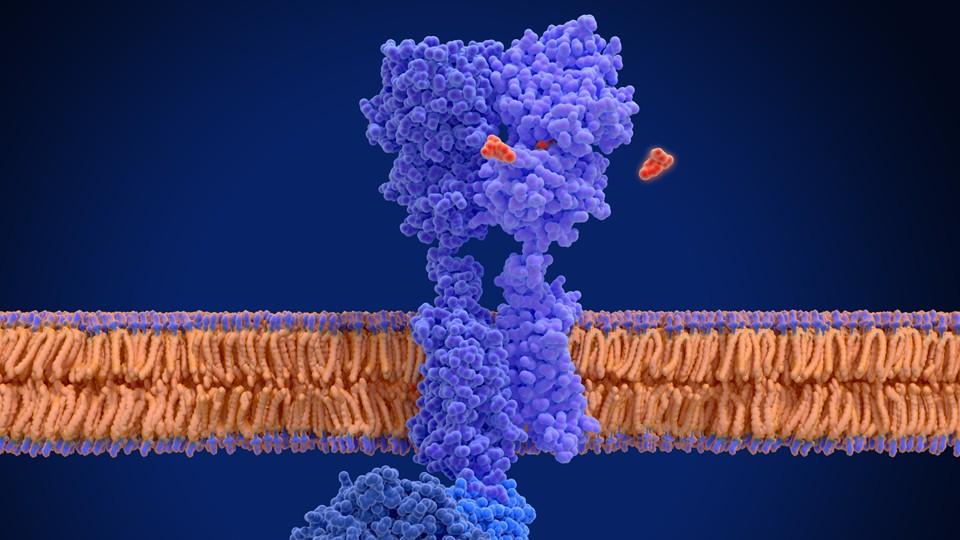EvolutionaryScale emerges with $142m for AI drug discovery

Former Meta researchers working on artificial intelligence (AI) and large language models (LLMs) to find protein drugs have banded together to form a start-up called EvolutionaryScale.
The company has launched with $142 million in seed financing provided by investors led by ex-GitHub chief executive Nat Friedman, tech entrepreneur and former Apple AI head Daniel Gross, and Lux Capita, with other backers including NVIDIA’s venture capital unit and Amazon.

It is led by Alex Rives, one of a team of Meta scientists who were affected by the sweeping layoffs and programme cuts kicked off by Mark Zuckerberg last year. They had been working on using LLMs to design novel protein structures with applications in drug discovery and materials science.
Along with Tom Sercu and Sal Candido, Rives has developed a platform called ESM3 that has been trained on almost 4 billion proteins and – according to its developers – can quickly come up with structures that would take millions of years of evolution to emerge. It is the first generative model for biology that simultaneously reasons over the sequence, structure, and function of proteins.
A preprint paper (PDF) published alongside the company launch announcement describes how ESM3 was used to make a fluorescent protein similar to those found in jellyfish and corals, dubbed esmGFP, which has a sequence that is only 58% similar to the closest known fluorescent protein.
From the rate of diversification of these proteins found in nature, EvolutionaryScale estimates that the generation of this new protein is equivalent to simulating over 500 million years of evolution.
“ESM3 takes a step towards a future where AI is a tool to engineer biology from first principles in the same way we engineer structures, machines, and microchips, and write computer programmes,” according to EvolutionaryScale.
The start-up is hoping to sign up pharma companies to use the platform for drug discovery – backed by a partnership with NVIDIA – and will also make a version available for free to academic researchers.
Users will be able to construct purpose-built models based on their own proprietary data, according to an NVIDIA blog post on the platform. The open-access version will be available through its NVIDIA BioNeMo generative AI platform for drug discovery.
“In our internal testing we’ve been impressed by the ability of ESM3 to creatively respond to a variety of complex prompts,” said Sercu, who is vice president of engineering at EvolutionaryScale. “We expect ESM3 will help scientists accelerate their work and open up new possibilities – we’re looking forward to seeing how it will contribute to future research in the life sciences.”
EvolutionaryScale’s emergence comes at a time of intense interest in the use of AI to drive drug discovery. In the protein space, Google DeepMind’s AlphaFold platform has already been used to develop new medicines that can bind to problem proteins more effectively and discover enzymes that can break down plastics so they can be recycled again and again.
Now in its third iteration, AlphaFold has been updated to predict the structure and relationships not only of proteins, but also DNA, RNA, antibodies, and more.












